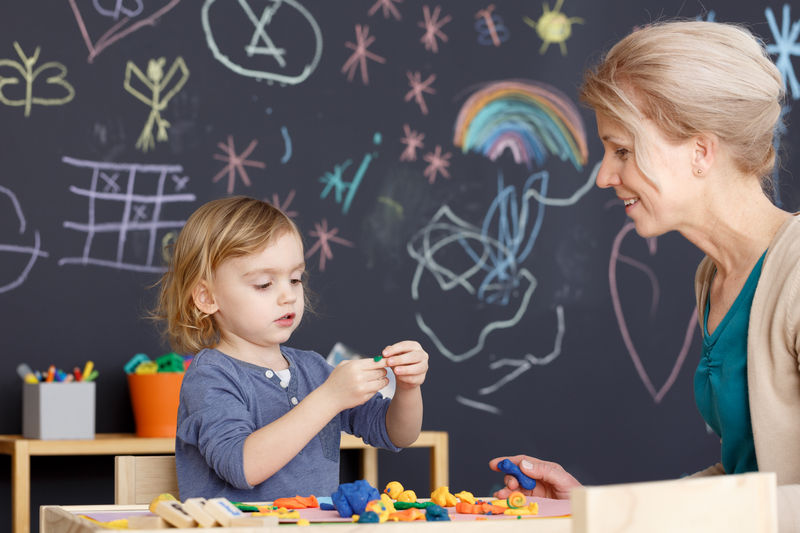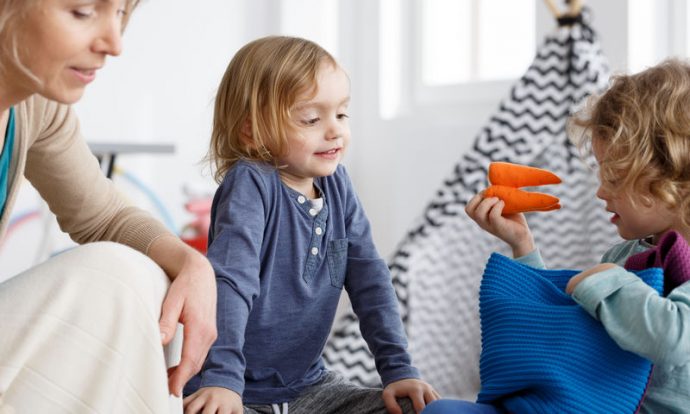Do you have a young child who is about to begin preschool? Many families discover that life takes on a new routine once young children have entered the preschool age. If you have a child who is preparing for preschool, then you might wonder if there are any health or psychology tips to help you get prepared for the transition. At Right Steps Education, we provide families with a structured and nurturing environment so that their children can get off to a great start during their early years.
When it comes to food, it’s best to let your child decide how much and how often he or she wants to eat. A regular intake of food is needed throughout the day so that your little one can remain active and keep his or her concentration during learning activities. It’s important to remember that forcing your child to “clean” his or her plate is not a good way to encourage healthy eating habits.
Snacks are an important piece of a child’s daily intake, as well. Healthy snacks provide adequate food energy and nutrients so that your child can perform well during activities. Remember that everything your child puts in his or her mouth has an effect on his or her overall growth and development. If you need a quick list of healthy snack food suggestions you can always try some fresh fruits, dried fruits, cheese, yogurt, muffins, crackers, or vegetables with dip.
When it comes to psychological health, you might have a lot of questions as related to your child’s development. At age 3 or 4, your child has a distinct set of likes and dislikes. His or her personality is developing every day and it’s becoming increasingly common for him or her to use words to express mood and feelings. If you notice that your child still has dramatic mood swings throughout the day, rest assured that in most cases, this is completely normal.
As a general rule, you can expect your preschooler to have little control over his or her emotions at this age. Impulse control is still not fully developed. This means that if your child feels a particular way, he or she is likely to act on it with expressive behavior. This can equate to snatching a toy from another child if he or she wants to play with it, or getting upset when told that he or she cannot have dessert until after eating dinner.
Preschoolers are often used to biting, hitting or pushing in an attempt to solve conflicts. As your child grows older, he or she will discover that emotional outbursts can have negative consequences, such as timeouts. The consequences help your child understand that tantrums are not acceptable forms of expression. With a little time and patience, you’ll find that your preschooler learns to adjust just fine.





